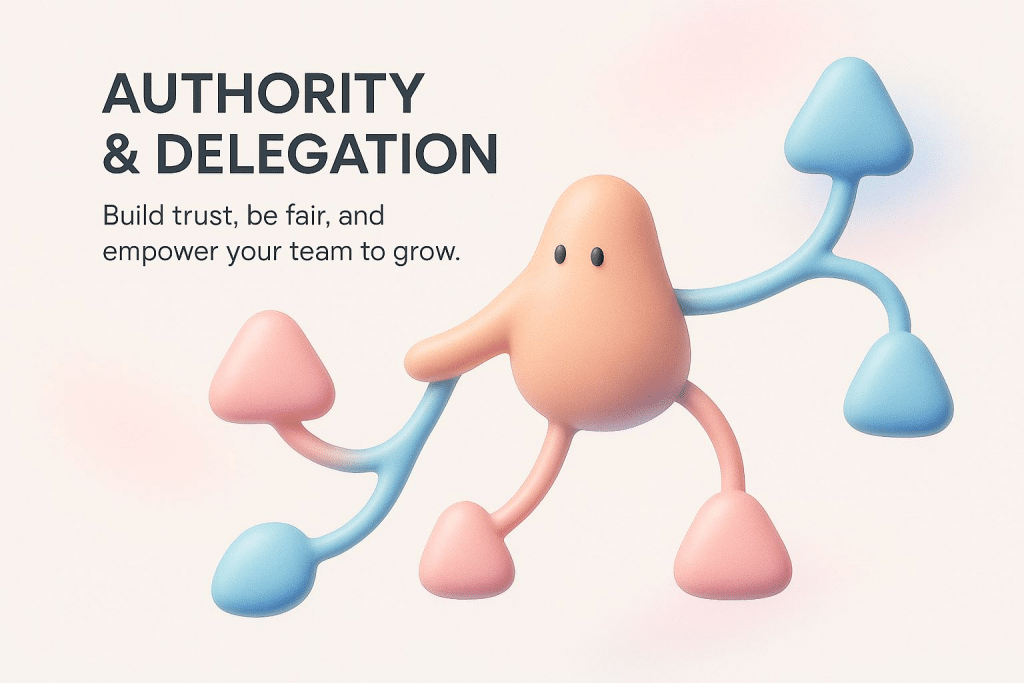From Colleague to Manager: How to Thrive in Your First Leadership Role
Stepping into your first management role is a milestone worth celebrating. But when that promotion means leading the very team you were once part of, the transition can feel daunting. You’re no longer “one of the gang” — you’re the person setting direction, making decisions, and holding others accountable. So how do you navigate this shift with confidence, authority, and empathy?
At STL Training as a soft skills courses training provider, we’ve supported thousands of professionals through this exact journey. Whether you’ve just been promoted or are preparing for a future leadership role, here are practical tips to help you thrive.
 1. Shift Your Mindset: You’re a Leader Now
1. Shift Your Mindset: You’re a Leader Now
It’s natural to feel a bit of imposter syndrome — many new managers say they’ve been “promoted but don’t feel ready.” That’s okay. Leadership isn’t about knowing everything; it’s about being willing to learn, take responsibility, and support others.
Start by embracing your new role. You’re no longer just responsible for your own tasks — you’re accountable for the performance and wellbeing of your team. That means thinking strategically, setting clear goals, and making decisions that serve the bigger picture.
💡 Tip: Block out time each week for reflection and planning. Ask yourself: “What does my team need from me right now?” and “How can I help them succeed?”
 2. Establish Authority Without Arrogance
2. Establish Authority Without Arrogance
Leading former peers can be tricky. You want to earn respect, not resentment. The key is to be clear, consistent, and fair.
Avoid trying to “prove” your authority by being overly directive. Instead, focus on building trust. Be transparent about your expectations, follow through on commitments, and treat everyone with professionalism.
If friendships existed before your promotion, it’s okay to acknowledge the change. A simple conversation like, “I know things feel different now — I’m committed to being fair and supporting the team, and I hope we can keep working well together,” can go a long way.
💡 Tip: Don’t shy away from difficult conversations. If performance issues arise, address them early and constructively. Our management training courses include role-play scenarios to help you build confidence in handling these moments.
3. Learn to Delegate (Even the Tasks You’re Good At)
One of the hardest parts of becoming a manager is letting go of tasks you used to do — especially if you were good at them. But holding on too tightly can lead to burnout and disempower your team.
Delegation isn’t about offloading work; it’s about developing others. Identify tasks that can help team members grow, and provide the support they need to succeed. Be clear about the outcome you expect, but give them space to approach it in their own way.
💡 Tip: If you find yourself thinking, “It’s quicker if I just do it myself,” pause. Ask: “Is this a development opportunity for someone else?” If yes, delegate.
 4. Communicate Clearly and Often
4. Communicate Clearly and Often
Good communication is the bedrock of effective leadership. Your team needs to know what’s expected, what’s changing, and how their work fits into the bigger picture.
Hold regular one-to-ones, team check-ins, and feedback sessions. Be open to questions and encourage input. When people feel heard, they’re more engaged and motivated.
💡 Tip: Use a mix of communication styles — verbal, written, visual — to suit different preferences. And remember: listening is just as important as speaking.
5. Motivate and Support Your Team
Your success as a manager depends on your team’s success. That means creating an environment where people feel valued, challenged, and supported.
Celebrate wins, recognise effort, and provide opportunities for growth. If someone’s struggling, offer help — not judgement. And don’t forget to ask for feedback on your own leadership. It shows humility and a commitment to improvement.
💡 Tip: Consider setting up a “pulse check” — a short monthly survey or informal chat to gauge morale and identify areas for improvement.
 Ready to Build Your Leadership Skills?
Ready to Build Your Leadership Skills?
Becoming a manager is a journey — and like any journey, it’s easier with a map and a guide. At STL Training, our courses are designed to help new leaders build confidence, communicate effectively, and lead with impact.
Whether you’re looking for a line manager workshop, leadership essentials course, or tailored coaching, we’re here to support your growth.

 1. Shift Your Mindset: You’re a Leader Now
1. Shift Your Mindset: You’re a Leader Now 2. Establish Authority Without Arrogance
2. Establish Authority Without Arrogance 4. Communicate Clearly and Often
4. Communicate Clearly and Often Ready to Build Your Leadership Skills?
Ready to Build Your Leadership Skills?